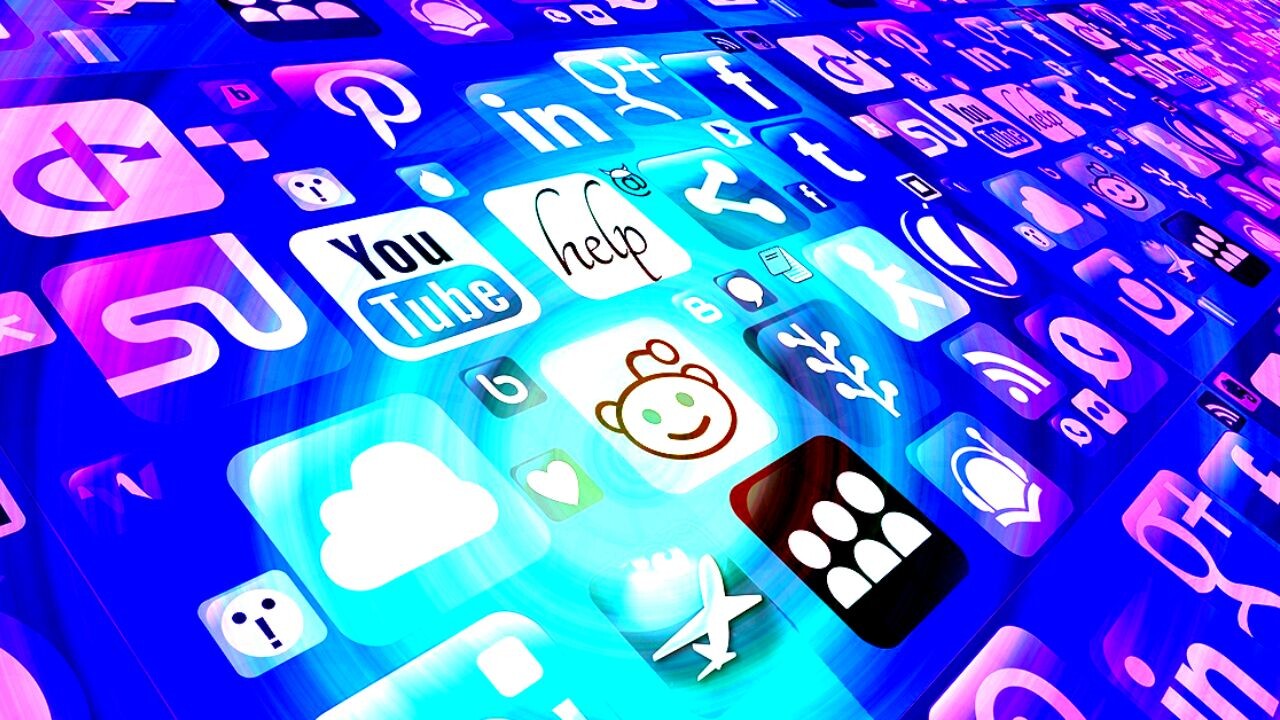
With the passage of the European Union’s Digital Markets Act (DMA) in 2022, online platforms, including Apple, with EU revenues of 75 billion euros or more and at least 45 million active monthly end users must open up their devices to third party app stores.
The DMA aims to end unfair practices by large online platforms that hold a high degree of market power and function as so-called digital “gatekeepers,” providing key gateways between consumers and business users. The goal of the DMA is to make it easier for small and mid-size tech companies to enter markets currently dominated by the large tech giants.
Under one provision of the law, Apple must allow third-party app stores, such as Setapp, a subscription-based service from MacPaw for iOS and MacOS applications, Steam, a popular distribution platform for video games from Valve, and AltStore, a third party app installer, on its platform. In addition, Apple must also permit sideloading, i.e., allowing users to install software that they download from the Internet.
A number of popular gaming apps have found themselves cut off from the platform.
Although Apple has raised privacy and security concerns about allowing alternative app stores and sideloading on its platform and has not officially stated it will abide by the law, the company is reportedly developing software to comply with European Union requirements scheduled to go into effect in 2024, according to Bloomberg.
“This is all about more competition in the digital sphere,” said Maciej Marek, a senior associate at Dentons’ competition and antitrust division. “There is this perception that digital giants have grown too big and there is not enough competition in this area.”
The DMA is the EU’s largest legislative effort to date to crack down on the monopolisation of the industry by Silicon Valley’s tech giants. While the EU has typically handled each antitrust issue individually, the DMA introduces comprehensive reforms intended to address widespread issues in the entire sector. But the key question is, how will these new regulations really impact Apple, its users, and the EU’s app market moving forward?
Benefits for Apple, users, and developers
Apple’s App Store comes preinstalled on all iOS devices and, as it was the only app store available on iPhones and iPad devices, the tech giant has been able to set the rules for the distribution of apps to users of its devices. Additionally, Apple generates a huge profit from its App Store, taking up to 30% (15% for those with less than $1 million in annual net sales) commission on all App Store transactions and regular subscriptions (subscription fees drop to 15% after the first year).
Although Apple may be somewhat resistant to the requirements of the DMA Mykola Savin, Setapp’s product lead, believes this might actually benefit the company by enabling it to offer its customers more choices, new innovations, and an overall better experience. “We have seen cases like this before, for example, with the new regulations in banking that came with Payment Services Directive 2,” he said.
Payment Services Directive 2 (PSD2), which went into full effect on Sept. 14, 2019, forced banks to release their data in a secure and standardised form to more easily share it with third-party providers (including fintechs offering new financial services). At first, banks were resistant to this idea because of security issues but later found that open banking enables them to offer a wider range of services to their customers and facilitates partnerships with startups offering new solutions.
“They were dealing with a lot of sensitive data in terms of bank accounts and transactions but, when it was properly regulated and opened up, now we see a lot of really useful products for budgeting, asset management, and peer to peer payments. So it’s a whole new industry and, again, this translates to a better experience,” Savin explained.
Likewise Savin pointed out that competition can often help push a business to innovate. He cited the famous US antitrust case against Microsoft in the 90s that forced the company to allow other browsers on Windows, rather than simply its own Internet Explorer.
“When it was done properly, and to the courtesy of Microsoft they’ve done it correctly, it was a clear choice for users which browsers to use as a default. This really helped Chrome and other browsers to rise up again because it wasn’t about the product, it was about allowing users to choose the best service. Now Microsoft pivoted to Edge and they’re integrating OpenAI because they were forced to compete and forced to innovate,” Savin said.
It should be up to the user where they get their apps.
Ioannis Kokkoris, director of the Centre for Commercial Law Studies at Queen Mary University of London, pointed out another benefit to Apple.
“There is a benefit to Apple having more than one app store on its platform,” he said. “Maybe there are certain applications that aren’t available on the Apple App Store because the developers only made them for the Google Play Store. By placing the Play Store on its platform, customers who would have purchased [Android] phones will now be more likely to buy iPhones because they can access those other apps.”
For example, a number of popular apps, especially in the lucrative gaming sector, have found themselves cut off from the platform due to Apple’s stringent App Store rules. Fortnite, one of the most popular games, was banned from Apple’s App Store in 2020 because its parent company, Epic Games, attempted to lead users to purchase virtual currency on its own website, breaching Apple’s terms and conditions.
Interestingly, stats show that, while iOS vs Android users are split roughly 50/50 in the US, in the EU iOS users currently represent only 34% of total market share vs 64% Android users.
Additionally, the DMA will create a lot of opportunities for smaller independent developers to experiment and find out what works for users, enabling them to create better products and try new business models and distribution channels, Savin said. For example, Setapp works on a subscription basis meaning that app developers may be able to capture an audience that might not be searching for their app directly but would consider using it as part of a productivity suite.
Allowing more competition in the market benefits users because they have more choice as to the app store they want to use, according to Kokkoris. “And more choice is always better for consumers because there will be lower prices, more innovation, and higher quality because you have more competition,” he said.
Security and privacy concerns are legitimate
Marek acknowledged that Apple’s issues around security and user privacy are legitimate, adding that the DMA also recognizes those concerns.
“The DMA clearly states that the gatekeeper can take actions that are necessary and proportionate to ensure that sideloading and third-party apps stores won’t endanger its integrity and security,” Marek said. “But, of course, the question is how exactly to address those concerns when you implement the requirements [of the DMA].”
Testing is necessary before any actual security solution is implemented.
Although the DMA does not include any criteria for determining whether third-party app stores are secure, the European Commission will decide on the criteria based on the views of Apple as well as on the recommendations of technical experts, Kokkoris said.
“Apple knows how to address these security issues,” he said. “And I think Apple could introduce some proper rules and guidelines for third-party stores to follow. And there should also be some general user awareness about security.”
Savin agreed that it’s important for users to be aware of security risks so they can make informed decisions about which applications they can trust.
“Let’s leave the choice to the user. We’re grownups, we make our own choices every day. On the web, we choose what bank to trust, where to purchase our groceries, and I think that should also be true for our data and for where we decide to get our apps.”
Marek added that the European Commission has to ensure the safety and integrity of Apple’s ecosystem or users will likely lose trust in it, “And everyone would be worse off. Not only Apple but also developers and users,” he said. “They must be very careful when implementing the provision because there will be some regulatory dialogue between the Commission and Apple about how to exactly interpret this provision and exactly what they should do to implement it and what safeguards they should implement.”
Consequently, testing is necessary before any actual security solution is implemented — testing on the side of an app, Marek said. He added that after implementation, the Commission should probably reassess the solution to ensure the safety and integrity of the third-party app stores.
“And I think that the Commission should be careful in the sense that they should take it one step at a time when implementing the solution. They should err on the side of safety and then reassess [the solution] periodically. I think it would really be a shame if this just reduces quality for the user.”
The DMA has the potential to further reduce the dominance of big tech within the EU and increase competition. But, as mentioned, this may not be such a bad thing for all parties involved. While the direct impact of the DMA on the business models of these large platforms is still unclear, it may cause others to adopt similar legislation. In fact, there are already examples of laws aimed at curbing anti-competitive practices in Germany and South Korea. Whatever happens, it’s certain that the DMA will make the EU’s app market an interesting one to watch for developers, users, and big tech alike.
Get the TNW newsletter
Get the most important tech news in your inbox each week.





